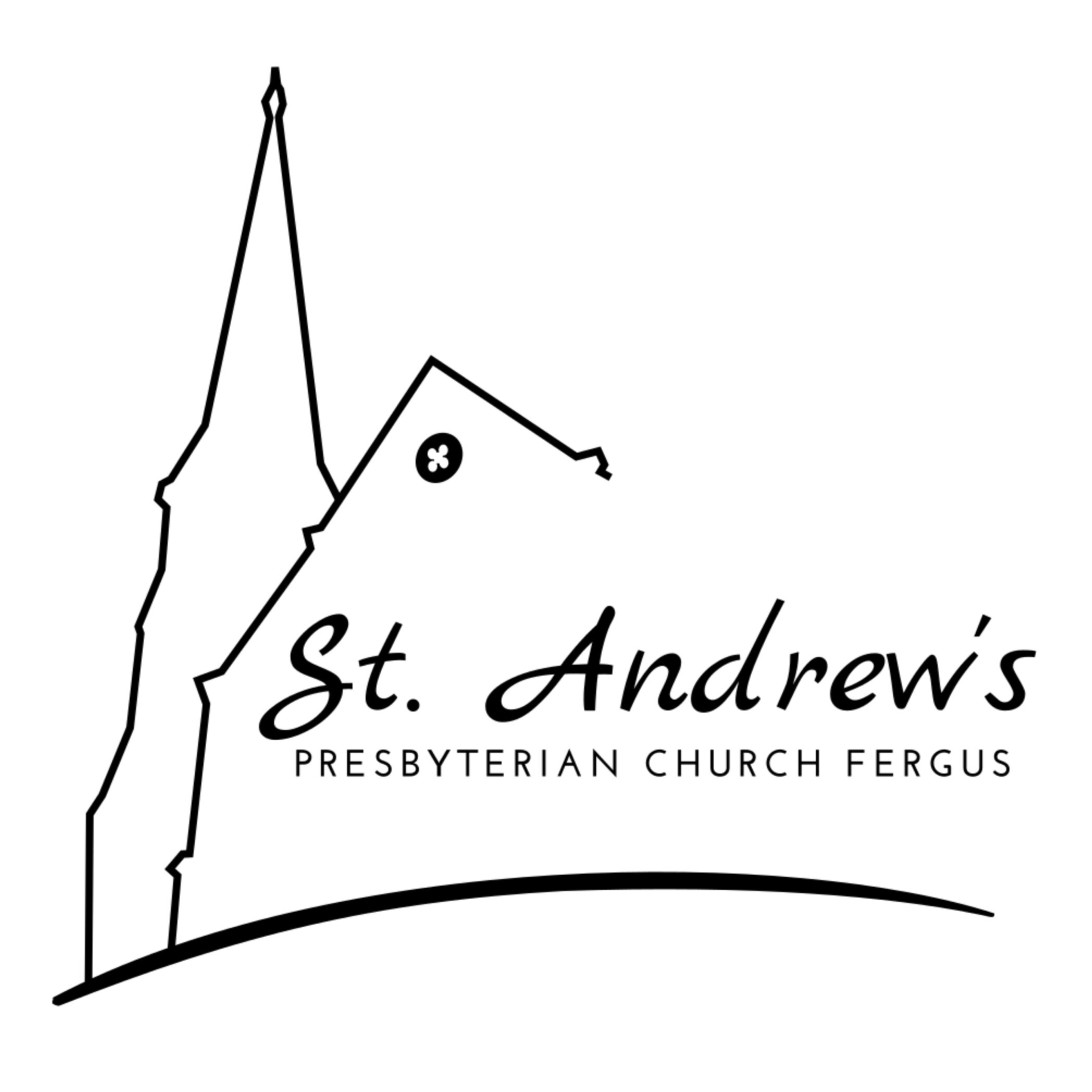Recognizing our wrongdoing
Jeremiah 2:29-37
29 Why do you complain against me?
You have all rebelled against me, says the Lord.
30 In vain I have struck down your children; they accepted no correction.
Your own sword devoured your prophets like a ravening lion.
31 And you, O generation, behold the word of the Lord!
Have I been a wilderness to Israel, or a land of thick darkness?
Why then do my people say, ‘We are free,
we will come to you no more’?
32 Can a girl forget her ornaments, or a bride her attire?
Yet my people have forgotten me, days without number.
33 How well you direct your course to seek lovers!
So that even to the wicked you have taught your ways.
34 Also on your skirts is found the lifeblood of the innocent poor,
though you did not catch them breaking in.
Yet in spite of all these things
35 you say, ‘I am innocent; surely his anger has turned from me.’
Now I am bringing you to judgement for saying, ‘I have not sinned.’
36 How lightly you gad about, changing your ways!
You shall be put to shame by Egypt
as you were put to shame by Assyria.
37 From there also you will come away with your hands on your head;
for the Lord has rejected those in whom you trust,
and you will not prosper through them.
The struggle for the heart of Judah continues. God has already reminded the people that he saved them from Egypt and brought them to an abundant land. But Judah became dissatisfied with God. They complain against him (vs. 29), that his ways are hard (a wilderness way, vs. 31), a way of darkness that is dangerous (vs. 31). The people have forgotten God – something as unimageable as a woman forgetting to put on her jewelry or a bride forgetting her wedding dress. Just as jewelry and wedding dresses are intentionally put on to draw attention, saying “this is who I am”. So connection with God is intentionally “put on”, drawing attention, saying “this is who I am, a follower of God.”
Turning from God, the people of Judah shed innocent blood (vs. 34), and teach others to follow the paths of the wickedness and violence. (vs. 33) All the while they say – “I am innocent, I have not sinned.” (vs. 35) This denial of wrongdoing, a failure to own their guilt, takes us back to vs. 30, where the people of Israel would not accept correction, would not admit their need to repent and live reformed lives.
Recognition of one’s wrongdoing is essential to receiving forgiveness and living a changed life. If we think we have done nothing wrong, then we are unlikely to think we need forgiveness and we are unlikely to think we should change. And therefore, a God who asks us to live by God’s pattern is easily rejected. It was down this path that the people of Judah had gone, to this people Jeremiah was called to preach.
PRAYER:
Teach us to recognize our wrongdoing, O Lord, to examine our lives. In that examination confront us with the truth our lives, our need to admit our sin. And then to find in your Son Jesus Christ the offer of forgiveness and the ability to begin again as your children, shaped by the power of the Holy Spirit. In Jesus’ name. Amen.
